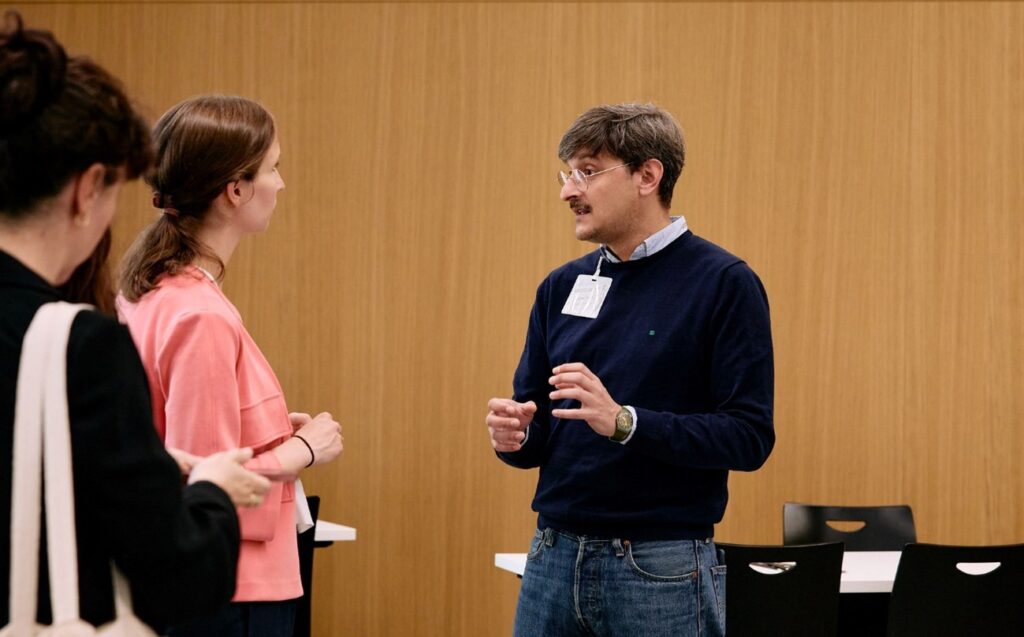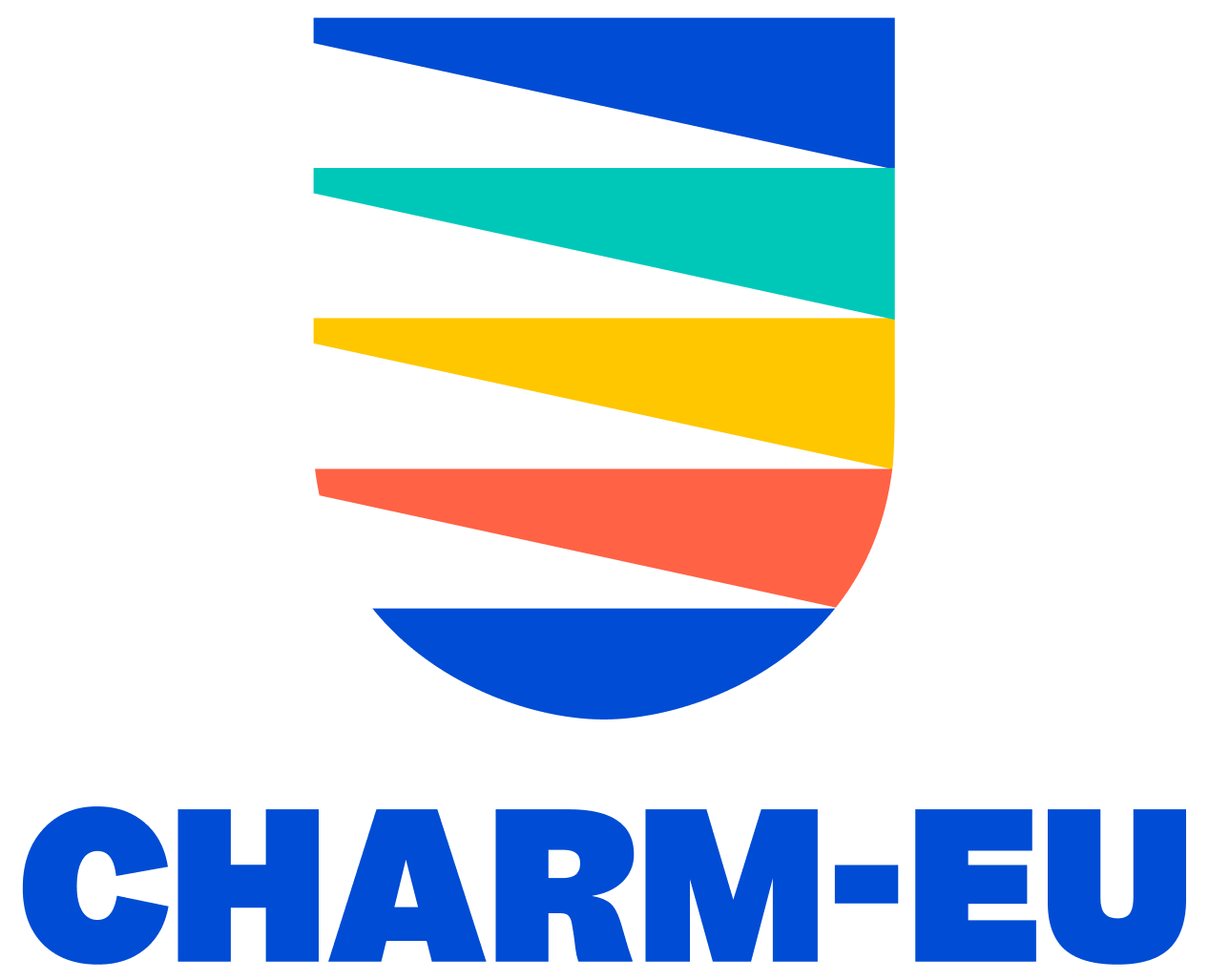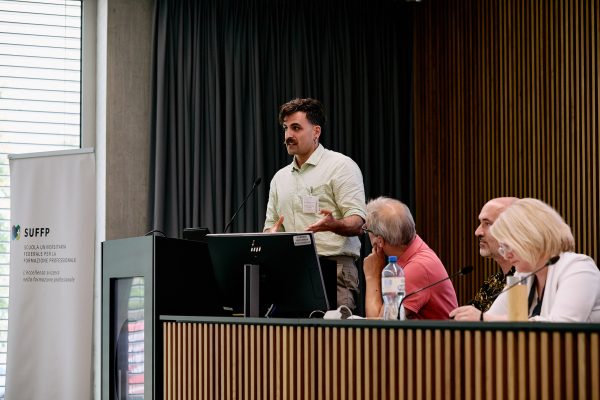The European Universities Initiative: 5 Years On – A Research and Practice Symposium, held on June 2–3, 2025, at Università della Svizzera italiana (USI) in Lugano, convened scholars, alliance leaders, and policymakers to assess the progress and impact of the EUI since its inception in 2019.
Sergio Villanueva, from CHARM-EU and the University of Barcelona (UB), presented in the closing panel discussion, chaired by Jan Palmowski (The Guild of European Research-Intensive Universities), a to-be-published work: Catalysts of Change? How the European University Alliances Contribute to Advance the EU Research and Innovation Priorities. This work, co-authored with Mireia Reus and Jaime Llorca, will be included as a chapter in an upcoming open access book about the EUI (Springer Nature).

Photo: Arendi E Lambrechts.
Jaime Llorca also presented a study, authored by UB researchers, recently published in Humanities and Social Sciences Communications. The article presents a four-step, challenge-driven method, developed within TORCH (involving UB, Trinity College Dublin, Utrecht University, Eötvös Loránd University, and Université de Montpellier), to co-design a Common Science Agenda aligned with the UN SDGs. Inclusive and easily replicable, the blueprint offers a practical pathway other European University Alliances can adopt. Crucially, the paper also unpacks policy and organizational obstacles for inter-institutional collaboration and the integration of diverse institutional policies and priorities, and suggests ways alliances can tackle them.
About The European Universities Initiative: 5 Years On – A Research and Practice Symposium
Organised by Dr. Agata Lambrechts (USI & Swiss Federal University for Vocational Education and Training) & Dr. Alina Felder-Stindt (University of St. Gallen), the symposium addressed key research questions, including but not limited to:
- Impact and Effectiveness: Has the EUI truly revolutionised European higher education, or has it resulted in incremental change? What are the demonstrable impacts of EUI alliances on teaching, learning, research, and institutional governance? How effectively are the EUI’s objectives being met, and what metrics are appropriate for evaluating success?
- Collaboration and Integration: How are EUI alliances fostering cross-border collaboration and integration in higher education? What are the best practices for building and sustaining successful alliances? What are the challenges to collaboration, and how can they be overcome? How is the EUI contributing to the creation of a genuine European Education Area?
- Innovation and Transformation: Is the EUI driving innovation in higher education? How are alliances fostering new approaches to teaching, research, and knowledge transfer? Are they leading to transformative changes in institutional structures and cultures? What role is the EUI playing in addressing societal challenges and promoting sustainable development?
- Future Directions: What are the future prospects for the EUI? What are the key challenges and opportunities that lie ahead? How can the EUI be strengthened and developed to maximise its impact? What role will the EUI play in the context of other European-level initiatives and policies?
This symposium, coinciding with the fifth anniversary of the first EUI alliances, offered a crucial platform for gathering evidence to be able to critically evaluate the EUI’s impact, exploring its achievements and challenges, and shaping its future direction.













